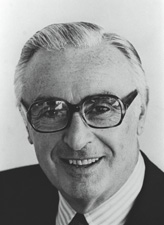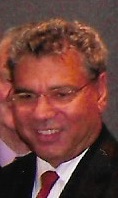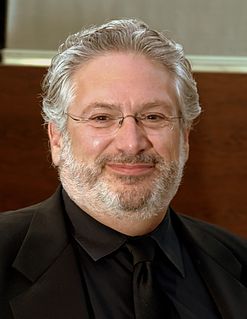A Quote by Abraham A. Ribicoff
My father was a factory worker, and we were really poor. But everything I earned peddling papers and working in stores, he made me put aside for education.
Related Quotes
I would say that the one incredible thing that Karachi has going for it is the unabated supply of new migrants that pour into it day after day. It could be a poor factory worker who simply wants a job, it could be an ambitious guy coming for an education - they all add hope and vibrancy to the city. Now, this is not something that is generally taken as positive in Karachi. But the hope is that the migration that comes into the city replenishes its stores of resilience and energy.
Like tens of millions of Americans, my parents were immigrants. They were poor and did not speak English well. They went to flea markets and sold gifts to make ends meet. Eventually, through hard work, they opened six gift stores in shopping malls. My parents achieved the American dream; they went from being poor to a home and gave my brother and me an amazing education. I wanted to serve the country that gave so much to my family.
We were very - we were a working family, and my father had this very simple philosophy, simple working class approach. If you spoke to my father and said, "Mr Smith across the road, what do you think of Mr Smith?", he'd only - he'd only say a couple of words. He'd say, "He's a worker", and that meant this bloke got up in the morning, went out, worked, brought his money home, fed his wife and kids, housed them, got them to school, educated them, made sure they were safe and all that. It had so much connotations to it.
My whole childhood, that made my skin curl. I was looking for something authentic. I think that drove me into the arts, I really do. That really did it. The only other thing that made me survive, as a human being, was getting into the arts. I was surrounded by people that were very bright and they invited you in. They were gracious. So, it gave me a great education.
What really broke it down was I had my son while I was locked up, so that really affected me. I can't really have this, knowing my father was locked up when I was small. So that really out of everything - through the fame, the money, everything - that really put the toll on me: 'Oh yeah, I gotta change.'
My father was brought up in an orphanage in the Catskills. He was a factory worker. And because his family wasn't there for him, family was everything. We could disagree inside the house, but outside the house it was us against the world. So when I became a drag actor, he looked sideways but said okay.
My music has always been sort of in-between categories. Sometimes record stores - back when there were record stores - they'd put my records in the country music section, but other record stores would put my records in the pop or even the rock section. As long as it's in the store somewhere, I'm OK with it.
My music has always been sort of in between categories. Sometimes record stores - back when there were record stores - they'd put my records in the country music section, but other record stores would put my records in the pop or even the rock section. As long as it's in the store somewhere, I'm OK with it.
I wasn't working much. So I focused on studying, and I really learned what it means to be an actor. And here I was on Jonny Quest,working with all these great people from back in the golden age of Hollywood, who came up doing radio. These were journeymen, working actors. It made me proud, and gave me some insight into what acting was really about if you weren't a star.

































